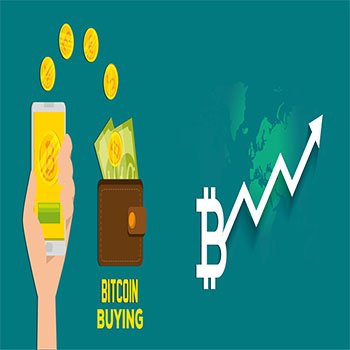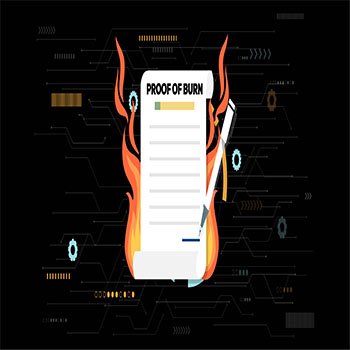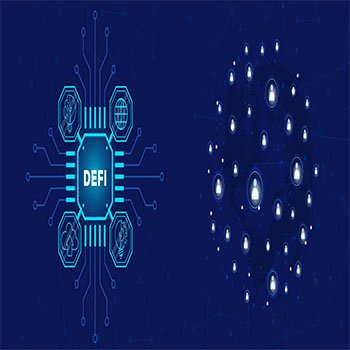Decentralized Exchanges

Decentralized Exchanges
A decentralized exchange is a peer-to-peer market (better known as DEX), where transactions between crypto traders occur directly. DEXs meet a key opportunity for crypto: to promote non-bank, broker, a payments processor, or other intermediary financial transactions. Ethereum blockchain is used by the most prominent DEXs, such as Uniswap and Sushiswap, as part of the increasing suite of decentralized finance (Defi), technologies that enable a large range of financial services available straight from the compatible crypto wallet.
How Do DEXs Work?
DEXs do not enable the swaps from fiat to crypto; they only trade tokens for the cryptocurrency of other tokens. You can swap fiat for crypto (and vice versa) or crypto-crypto pairings by means of a centralized exchange (or CEX)—say certain of your ETH Bitcoin. More sophisticated movements, like as margin trading or limit ordering, can also be done. But all these transactions are managed via an order book, in which a specific cryptocurrency is priced on the basis of current purchase and sale orders, the same mechanism employed by stock exchanges such as Nasdaq.
Decentralized trade is a series of intelligent contracts. The values of different crypto currencies against each other are established and "liquidity pools" used to promote businesses, in which investors lock money in return for interest-like returns. DEX transactions on the blockchain are settled directly.
DEXs are generally based on open source code, so that everyone can understand how they function. This implies that developers may also change current code to build new competitive projects — that's why a whole variety of DEXs with "swap" names like Sushiswap and PancakeSwap have adopted Uniswap Code.
Benefits
- Users' cash and personal information are protected since the platform is trustless.
- The security and privacy of the user are adequately protected.
Types Of Decentralized Exchanges
- Because of first-layer blockchain scalability limitations, full decentralization is more of a philosophy than a rule of thumb. Most decentralized exchanges are really semi-decentralized, storing data on their own servers and off-chain order books, and exchanging user assets with external programmes or entities.
- Semi-decentralized exchanges' operations may be subject to government oversight due to their reliance on centralized components. However, and probably most crucially, consumers retain ownership over their money' private keys.
- Even if DEXs continue to grow and interchange with other DApps, DEXs generally run one blockchain. One thing that is similar to all decentralized exchanges is that they execute chain orders with intelligent contracts and never store the cash of customers.





